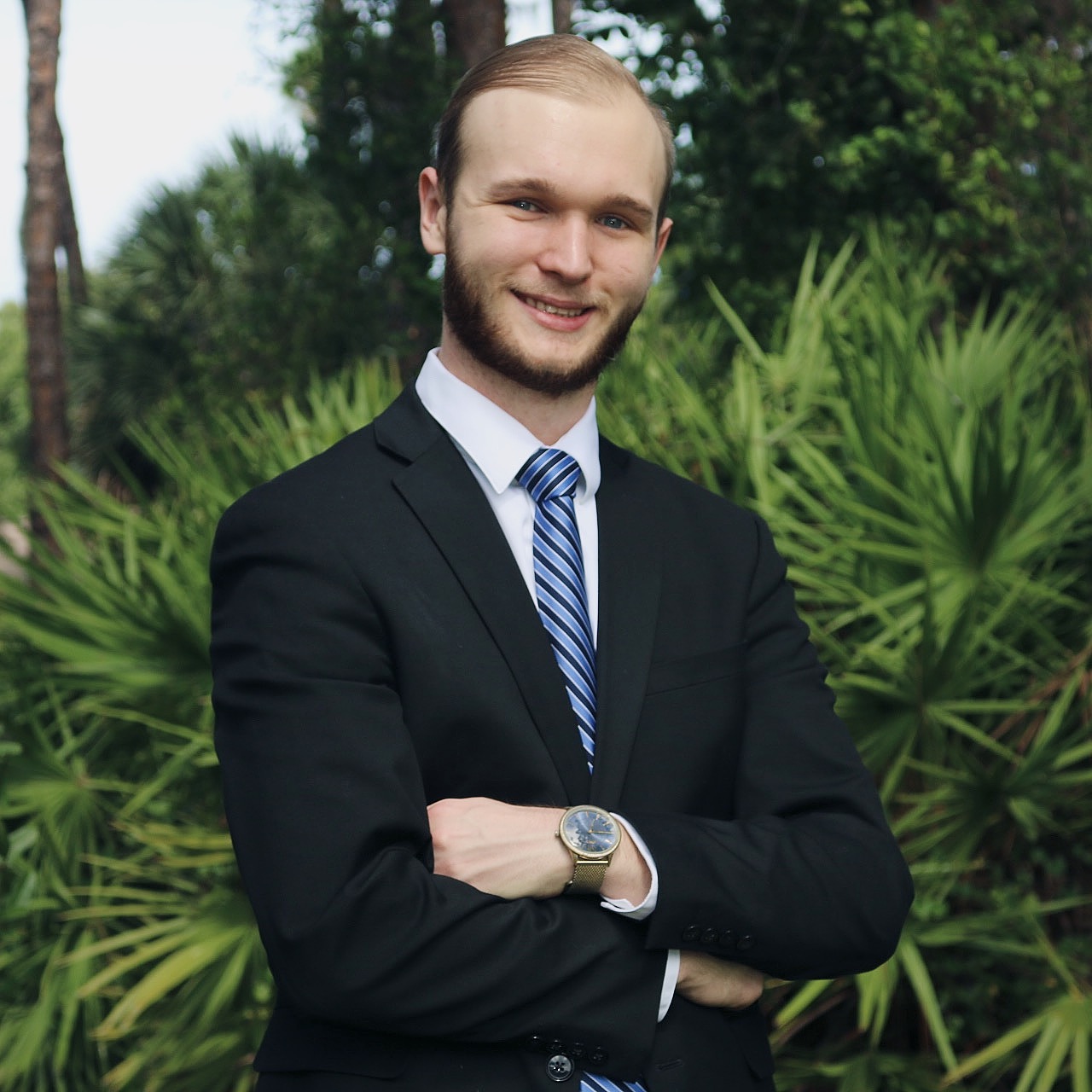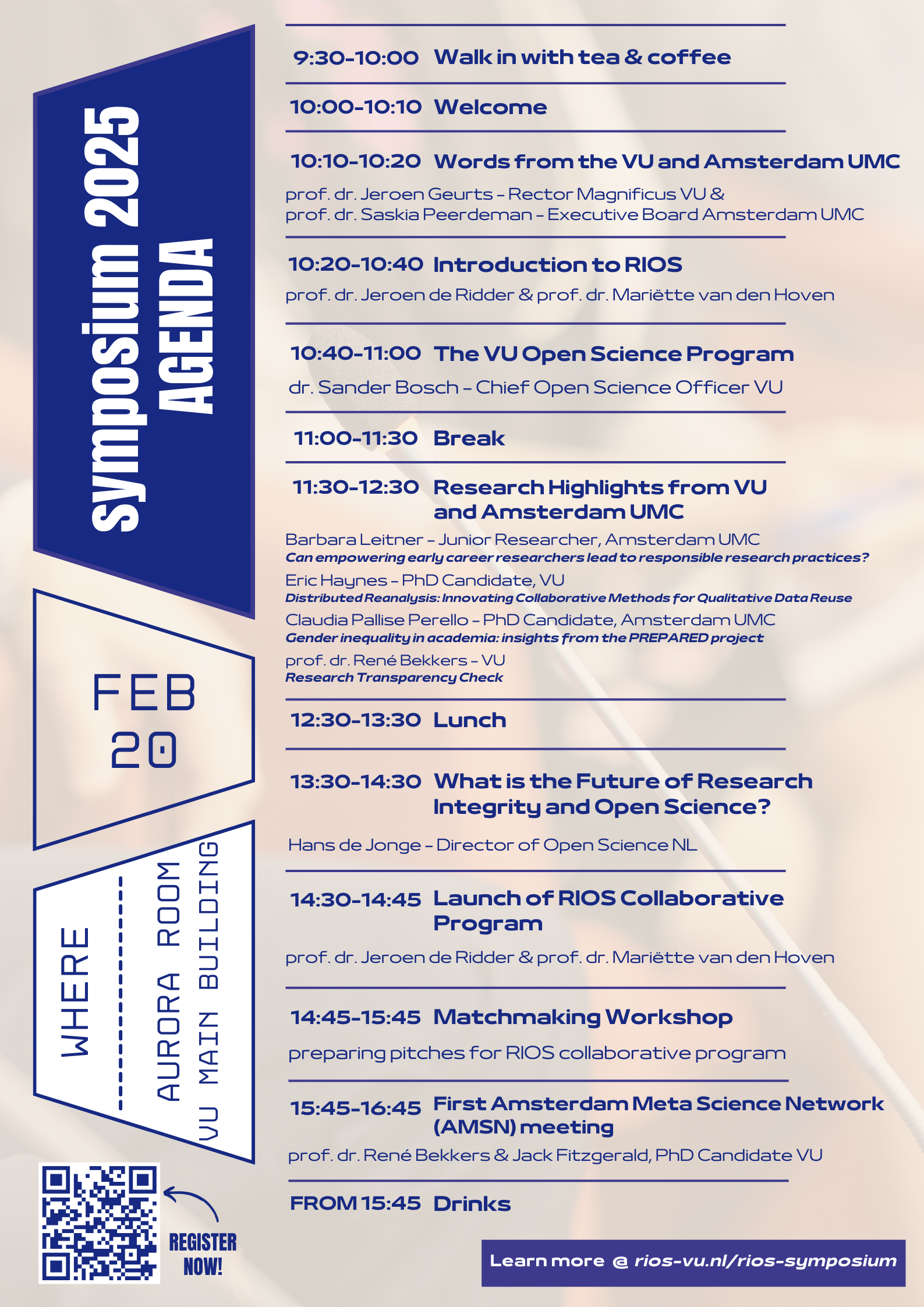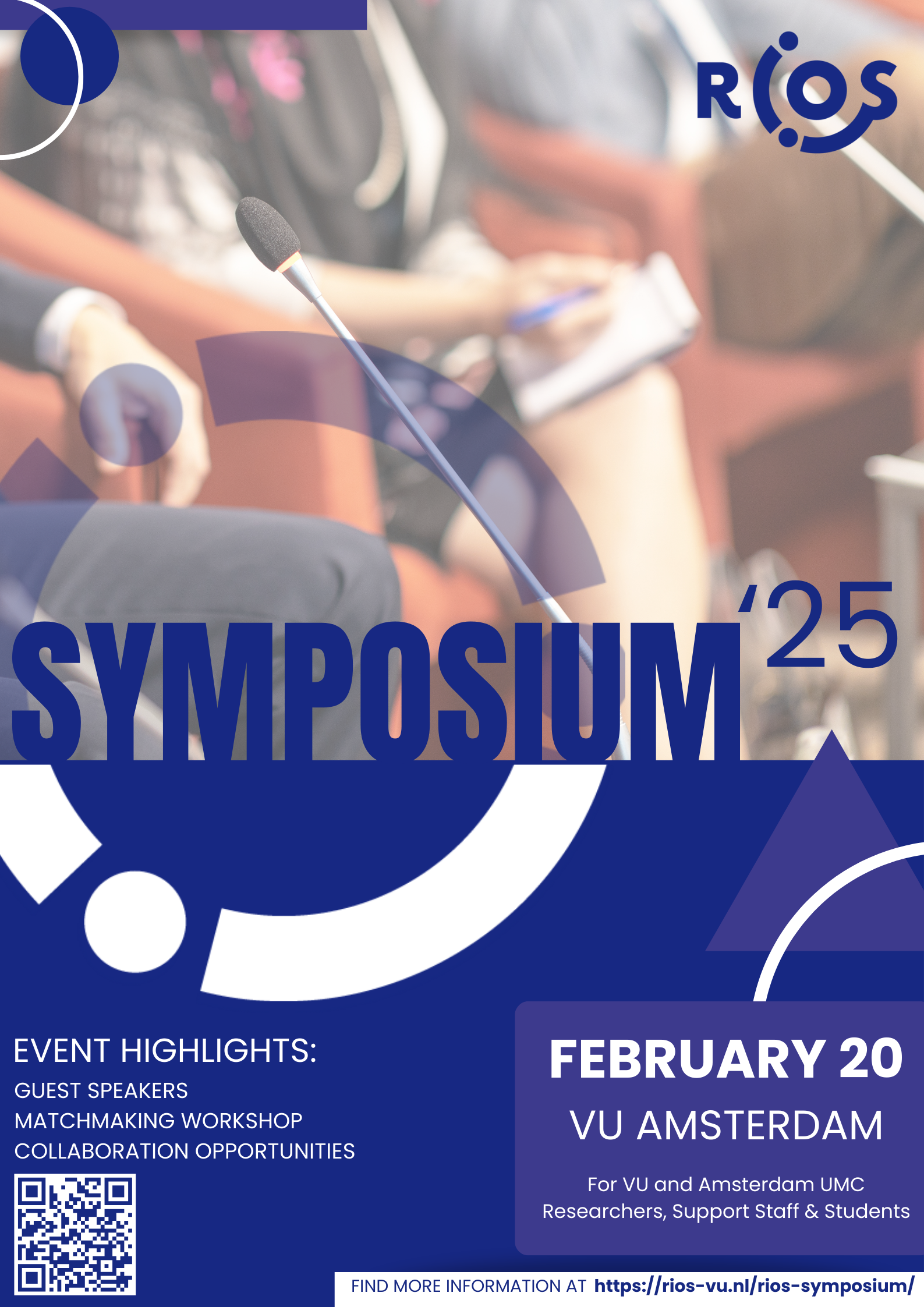RIOS Symposium - 20th February 2025
We cordially invite all you VU and Amsterdam UMC researchers, students, and support staff to join us on the 20th of February for a Research Matchmaking Event!
During the full-day symposium, we’ll have guest speakers, a workshop, project reviews, collaboration opportunity reveals, and more. Take a look at the agenda below for a full break down of the day.
Sign up to our Newsletter and follow us on LinkedIn to stay up to date on all our events and offerings.
Persuaded? Click below to register and confirm your spot.
Featured Talks - Recordings Now Available!
Words of Welcome -
prof. dr. Jeroen Geurts &
prof. dr. Saskia Peerdeman
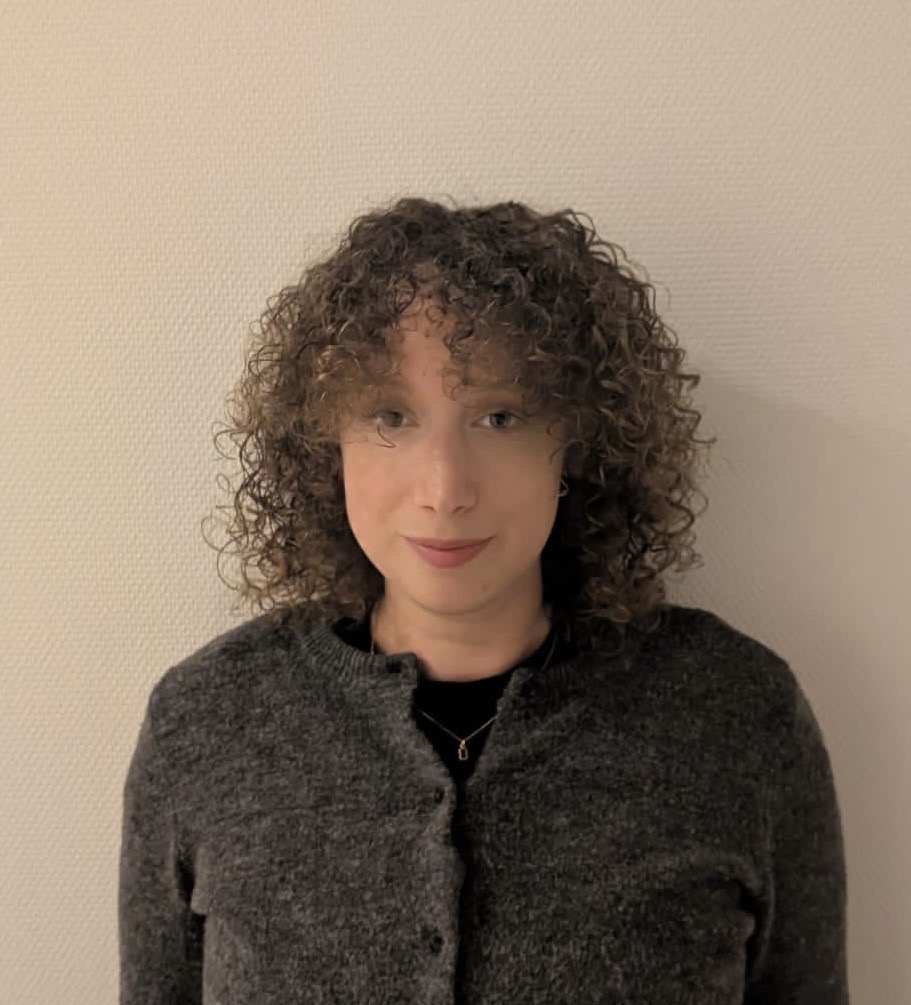
Barbara Leitner – Junior Researcher at Amsterdam UMC
Can empowering early career researchers lead to responsible research practices?
A healthy research culture often goes hand in hand with the practice of responsible science. However, the importance of research culture is frequently undervalued and as a result it is often resistant to change. The contributions of early career researchers (ECRs) form an essential component of research culture. Still, ECRs often fail to understand or recognize the important role they could play in changing or influencing research culture within their institutions or research teams. This presentation introduces a new educational program designed to enhance the conversational skills of ECRs through the use of four novel videos. Each of these videos depict common dilemmas ECRs may encounter in their day to day life in academia. In the program, ECRs are encouraged to reflect on and consider different ways to respond to each situation through a “choose your own adventure” mechanism embedded in the videos. The program aims to empower ECRs to discuss their experiences and to initiate conversations speaking up, initiating change, seeking help and the overall impact of responsible research on research culture.
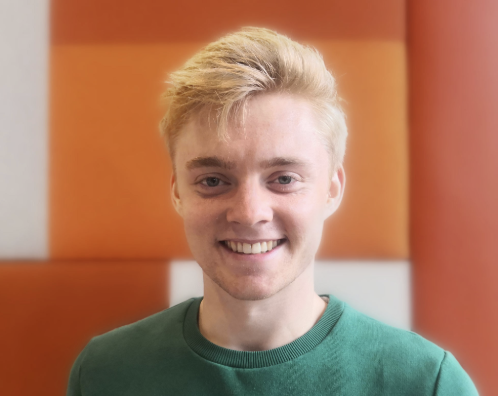
Eric Haynes – PhD Candidate at Vrije Universiteit
Distributed Reanalysis: Innovating Collaborative Methods for Qualitative Data Reuse
This paper introduces distributed reanalysis as an innovative methodological strategy to reuse qualitative data to compare multiple cases of large-scale phenomena. Distributed reanalysis combines collaborative team research and data reuse to reanalyze previously collected data using a shared analytical guide. This method preserves the depth of qualitative case analysis while facilitating cross-case comparisons. We present this approach and examine its application through a study involving 27 contributing researchers analyzing data from 15 distinct cases. Using a shared analytical guide, distributed reanalysis circumvents the confidentiality and decontextualization challenges of data sharing while supporting generalizable conclusions across multiple cases. This method offers a solution for comparing multiple cases by leveraging pre-existing datasets and the familiarity of the original researchers, contributing a methodological strategy to organizational studies.

Claudia Pallise Perello – PhD Candidate at Amsterdam UMC
Gender inequality in academia: insights from the PREPARED project
In this presentation we introduce the main results of a scoping review conducted under the EU-funded PREPARED project, which explores the experience of women researchers during the COVID-19 pandemic. A qualitative meta-synthesis identified key challenges for women researchers: gendered professional expectations, colliding identities, and coping strategies. The study shows that the Covid-19 crises has exacerbated gender inequalities in academia. In particular, the findings highlight the need to proactively address the gendered practices and implicit biases which reproduce inequalities within academia and highlights how paying attention to the experiences and needs of women researchers is essential for improving the resilience and crises preparedness of the academic system.
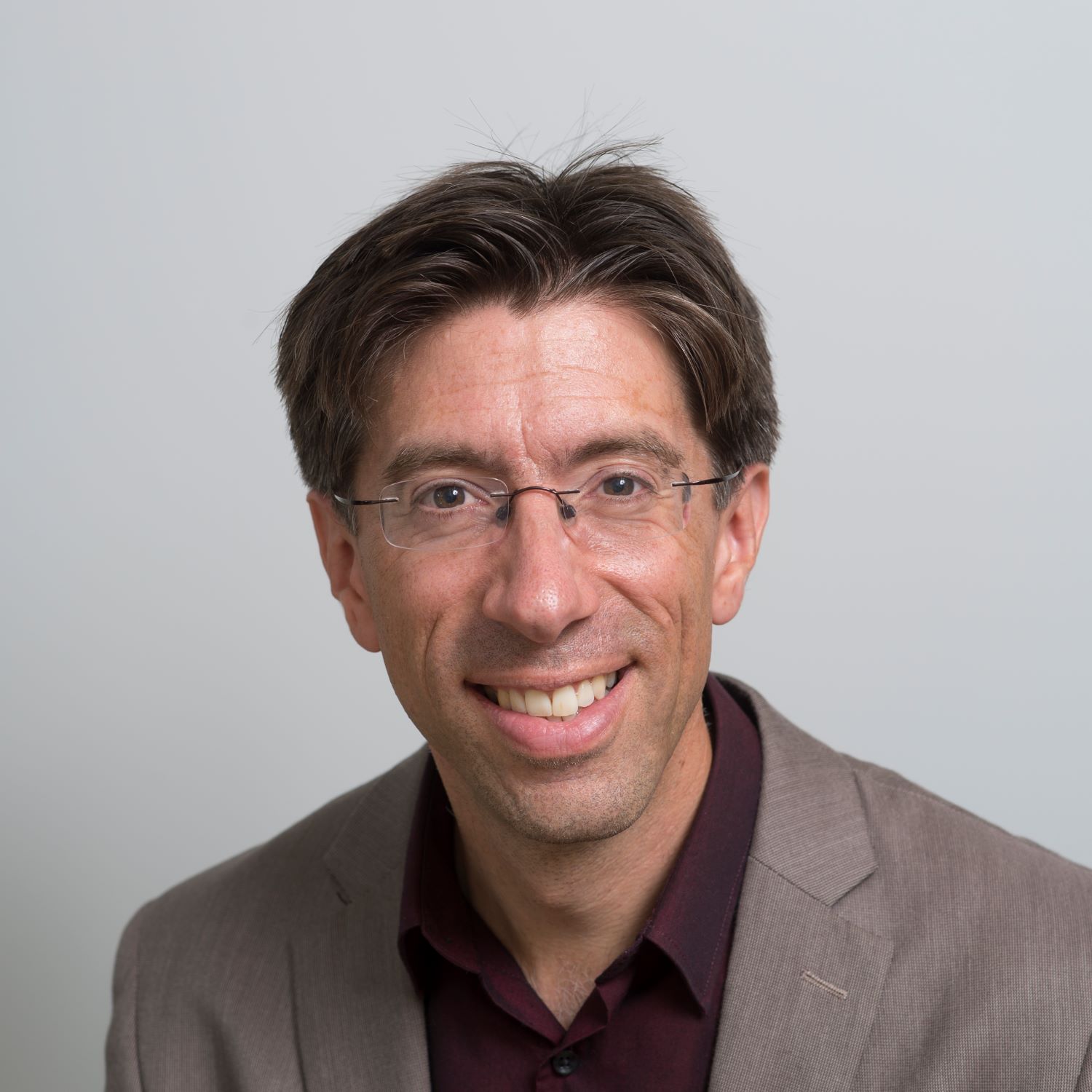
prof. dr. René Bekkers – VU
Research Transparency Check
Research Transparency Check is a flexible software infrastructure that automatically assesses and suggests improvements for the transparency of data and methods in research reports before they are published. Research Transparency Check serves people at universities and research institutes, academic journals, and funding agencies. To make sure that the software aligns with user needs, the project engages seven data communities for the development of transparency criteria throughout the research life cycle and checklists for documentation of these criteria specific to the most common sources of data used in the Social Sciences and Humanities. The presentation illustrates the software in development with results from an ongoing meta science project on reproducibility. The software contributes to a publicly owned data infrastructure for the responsible assessment of research quality, illustrated by use cases for tenure and promotion committees, hiring committees, and funders.
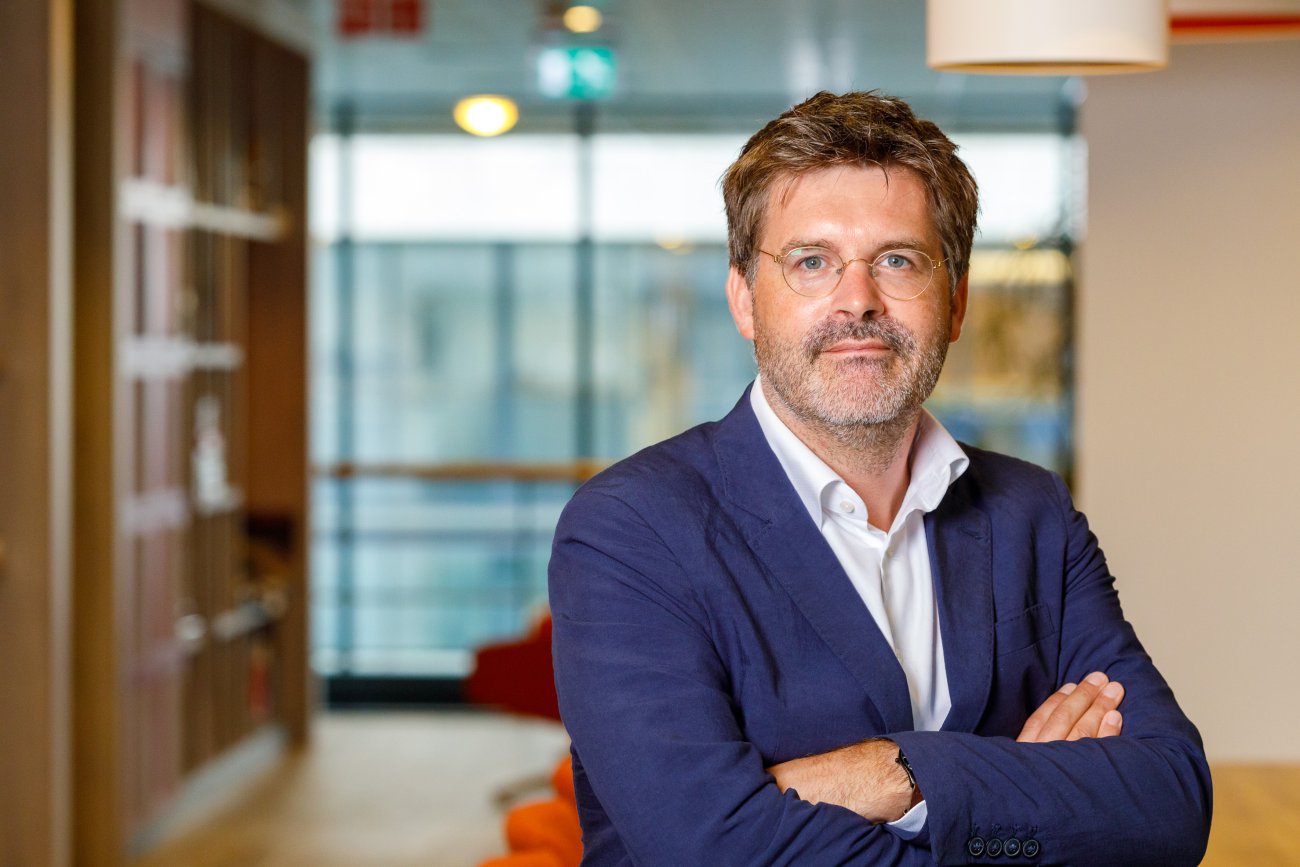
Hans de Jonge – Open Science NL
The Future of Research Integrity and Open Science

prof. dr. René Bekkers & PhD Candidate Jack Fitzgerald – VU
First meeting of the Amsterdam Meta Science Network (AMSN)
The Amsterdam Meta Science Network (AMSN) aims to give meta scientists in Amsterdam a stage for the presentation and discussion of their ongoing research, and to create collaboration in future meta science research. The AMSN starts in March 2025 with a monthly research seminar by Amsterdam based meta science research presenters. At the RIOS launch we present the first three speakers. With sufficient interest the network will organize a reading club, workshops to learn how to use software for meta science, and unconference style meetings to develop ideas and tools. The AMSN focuses on all Amsterdam based higher education institutions: VU, UvA, Amsterdam UMC, InHolland, and the Amsterdam University of Applied Sciences.
